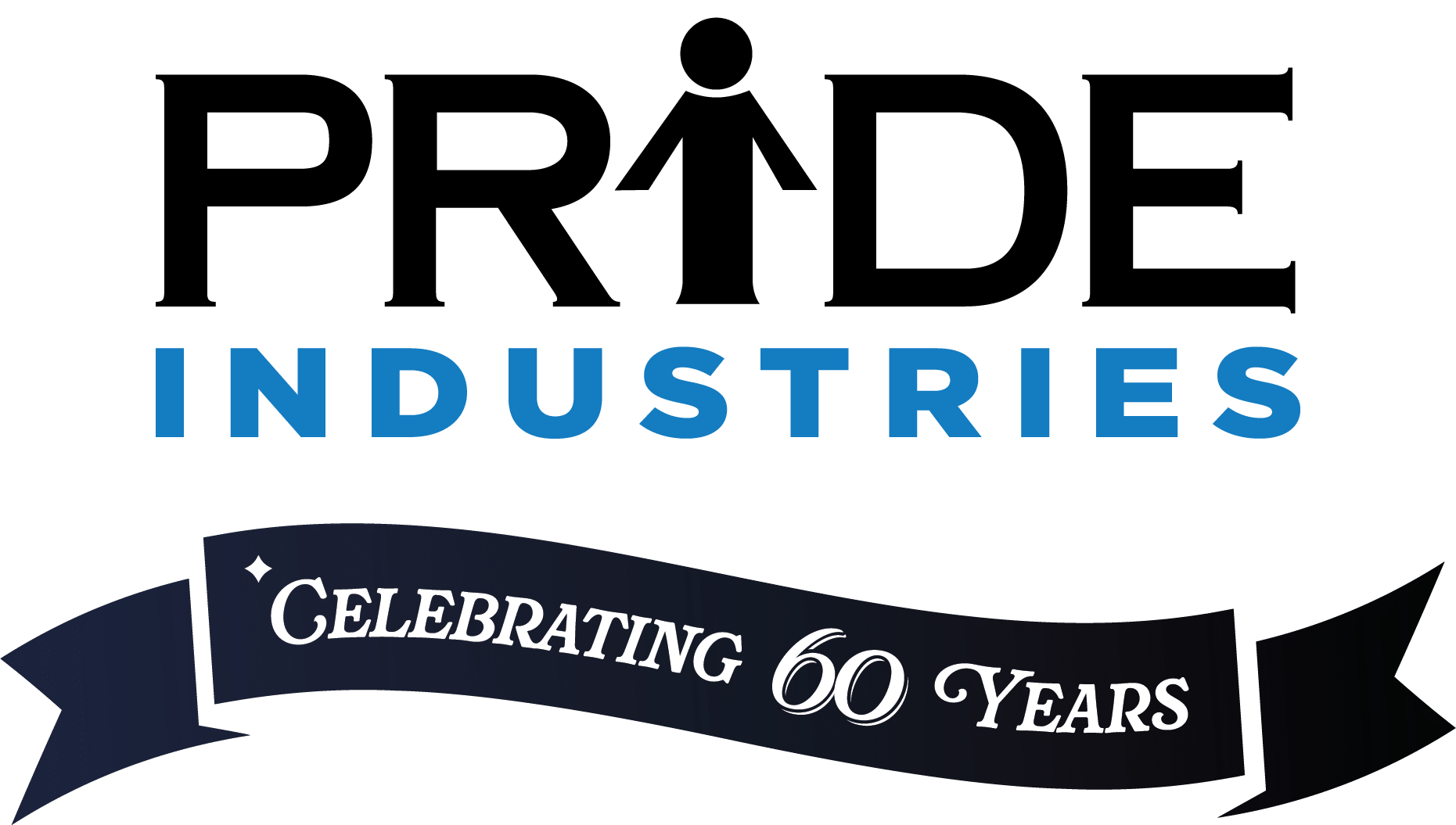Reasonable accommodations for employees of all abilities are taking their place as vital components of a thriving, competitive business. Why? Because strategically incorporating accommodations can offer several business benefits. Before we delve into them, what, exactly, is a “reasonable accommodation”?
What is a Reasonable Accommodation?
According to the Americans with Disabilities Act (ADA), a reasonable accommodation is “any change to the application or hiring process, to the job, to the way the job is done, or the work environment that allows a person with a disability who is qualified for the job to perform the essential functions of that job and enjoy equal employment opportunities.” The definition goes on to specify that “accommodations are considered ‘reasonable’ if they do not create an undue hardship or a direct threat.”
But the thought of implementing reasonable accommodations still scares some employees—to their loss.
A Myth That Needs Busting
Fear surrounding accommodations for employees with disabilities is largely based on the myth that they’re expensive. They’re not. Over half of surveyed employers report that accommodations cost nothing, while 37 percent report a median one-time cost of just $300. The same employers report many benefits that far outweigh the small expense. Here, we detail the top six business benefits of offering accommodations for employees.
Attracting and Retaining Valuable Employees
Offering reasonable accommodations gives businesses a competitive edge by demonstrating a commitment to diversity and inclusion as well as employee well-being. Potential employees—with or without disabilities—are more likely to choose employers who foster a welcoming and supportive work environment. Providing accommodations also improves employee retention, which is crucial considering the prevalence and high cost of turnover. A 2019 Gallup survey reported that employee turnover costs U.S. businesses $1 trillion per year. A 2023 poll of 1,007 U.S. hiring decision-makers said turnover costs their companies an average of $36,295 annually, and 20 percent pegged the cost at $100,000. When weighed against these high costs, offering and implementing accommodations—effectively expanding the employee base—is well worth it.
Improving Productivity
In a groundbreaking report by the Job Accommodation Network (JAN), 53 percent of surveyed businesses reported that accommodations improved employee productivity. It’s important to note that employees without disabilities also receive accommodations—tools and resources to maximize their performance. Extending these measures to employees with disabilities makes sense, as it removes barriers that may impede their abilities. For instance, an adjustable desk can equip an employee in a wheelchair to be a top producer. Written or signed instructions for Deaf employees can eliminate language obstacles, boosting their productivity. Similarly, employees who become overwhelmed in noisy environments may outperform peers when moved to a quieter area. In today’s business world, recognizing that talent and productivity are accessed through diverse avenues, including accommodations, is imperative.
Boosting Morale
Belonging is a basic human need and a crucial component of workplace morale. When employees feel that they belong—their needs understood, respected, and supported—satisfaction naturally improves. Access to reasonable accommodations is a vital component of a welcoming, inclusive environment. In an article in The Journal of Business and Psychology, researchers found that “accommodations send important and positive signals to employees” and that such signals factor into morale—not just for the accommodated employee, but for the whole team. Belonging and measures to achieve it are so vital to the workplace that it is widely studied. A Harvard Business Review study found that a high sense of belonging is linked to a 56 percent increase in job performance, a 50 percent drop in turnover risk, and a 75 percent reduction in sick days. Simply put, welcomed and supported employees want to be at work, engage with coworkers, and give their best efforts—all leading to a better workplace culture.
Improving Company Diversity
A diverse company is a thriving company. According to McKinsey’s “Diversity Wins” report, organizations in the top quartile for cultural diversity are 36 percent more profitable than those in the bottom quartile. As employees with diverse abilities gain their rightful place in diversity initiatives, normalizing reasonable accommodations becomes vital to achieving the the business benefits of an inclusive workforce: a widened talent pipeline, greater appeal to socially conscious investors, greater organizational innovation, and overall greater market reach. But diversity is more than a buzzword or a hiring strategy. It’s a vital part of a forward-thinking, human-centered organization.
Improving Safety and Reducing Workers’ Compensation Costs
According to the JAN study, companies that offer reasonable accommodations increase safety by 29 percent. By adapting the workplace to meet the needs of employees, including people with disabilities, the likelihood of accidents and injuries decreases. Similarly, the presence of reasonable accommodations may allow a sick or injured employee to return to work sooner. Beyond the human toll caused by insufficient safety measures, there’s also a significant business cost. The U.S. Bureau of Labor Statistics reports that workplace injuries and illness are on the rise, costing business around $48.15 billion in 2023. As reasonable accommodations stand to reduce that cost by over a quarter, they should be part of every organization’s safety strategy.
Improving the Bottom Line
Naturally, where employee retention, productivity, and morale rise and workers’ compensation and training costs fall, businesses see a better bottom line. When providing reasonable accommodations attracts and retains employees with and without disabilities, profits may increase even more. A study by analyst firm Accenture found that companies who actively employee people with disabilities see 1.6 times more revenue, 2.6 times more net income, and 2 times more economic profit than organizations that don’t include people with disabilities. A National Institutes of Health Review reported similar findings, including improved customer loyalty and satisfaction.
At PRIDE Industries, we know that inclusion works—literally. Decades of experience has shown us that, with just a little assistance, including reasonable accommodations, people of all abilities can and do thrive in the workplace.
